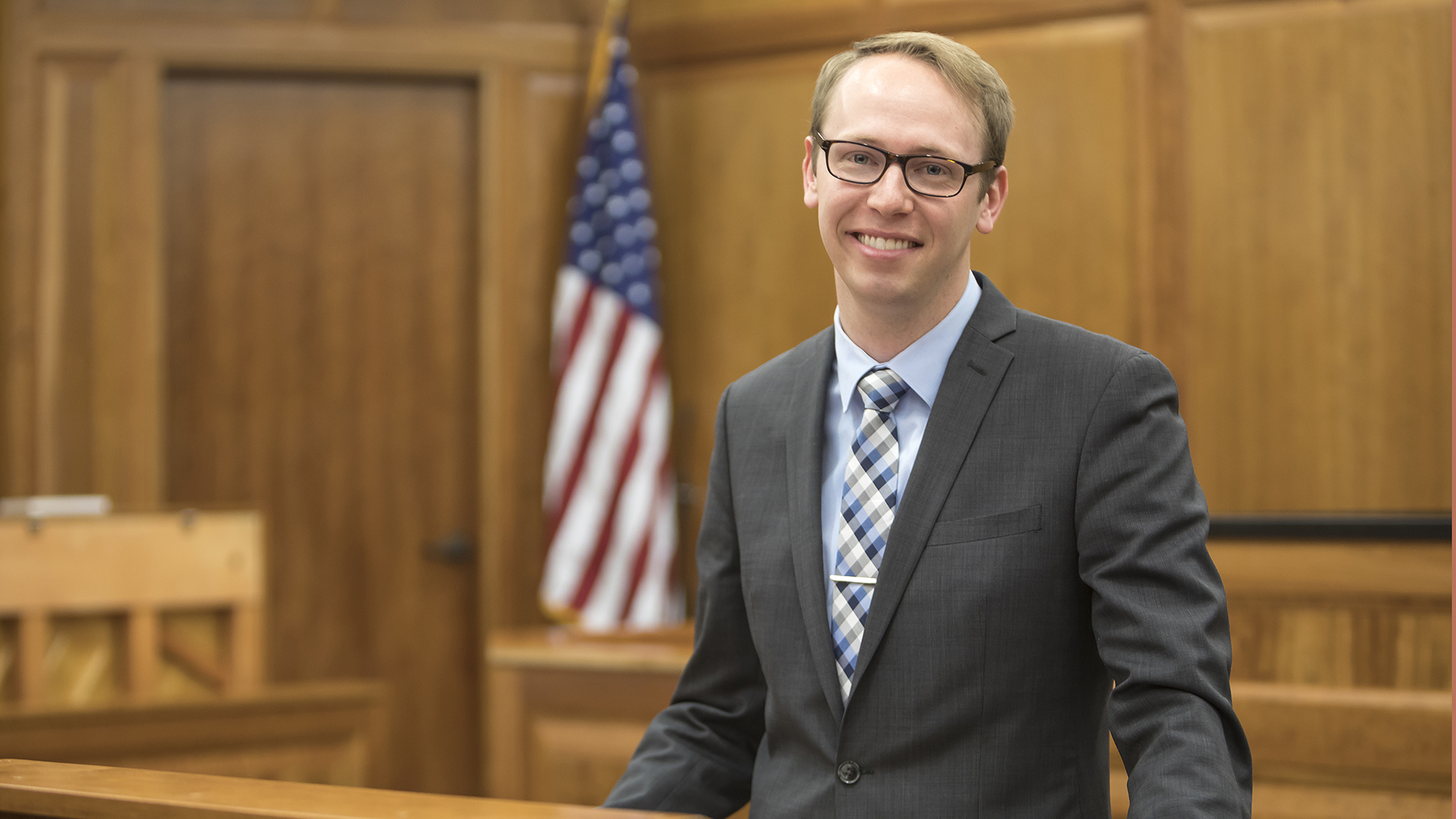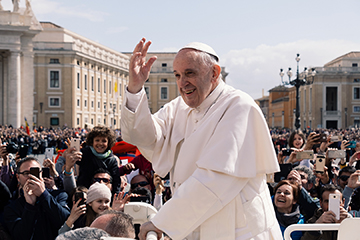 Taken from https://law.byu.edu/news/graduation-spotlight-tanner-bean/
Taken from https://law.byu.edu/news/graduation-spotlight-tanner-bean/“There are threats to religious freedom and if attorneys of faith don’t do something about it, who’s it gonna be? I looked around the room and thought, ‘You know what? It’s probably me!’”
This thought is what motivated Tanner Bean, a member of the J. Reuben Clark Law Society and a G20 Interfaith Forum 2017 attendee, to facilitate a forum that would bring members of the LGBT community, as well as people of faith, to discuss future policy changes that will allow both sides to live authentically under protection by law.
On June 26, 2016, the U.S. Supreme Court declared gay marriage to be legalized in all 50 states, overriding prior state-wide legalizations against gay marriage. Many U.S. citizens today assume that because gay marriage is legalized, the LGBT community is taken care of. However, 30 states in the U.S. have no laws preventing discrimination based on sexual orientation. Idaho is one of these states.
When asked about Idaho’s lack of LGBT protection, Bean stated, “In Idaho, they can be fired from their jobs. They can be kicked out of apartments…. As a person of faith, I don’t think we need to be doing that to people. We don’t need to make people homeless or unemployed just because they disagree with us.”
Idaho Senator Brent Hill, wrote an op-ed stating that the best way to address LGBT protection is by having a “balanced approach—one that will provide protection against discrimination based on sexual orientation while simultaneously safeguarding the right to fully exercise religious convictions.”
While there is not sufficient time in this legislative session to draft a bill addressing LGBT rights and religious liberties, Hill plans to bring the two groups together and discuss where there are loopholes in legislation and see where the LGBT community would like to see change in order for them to feel protected.
Bean acted as the organizing chair for the first forum that took place regarding LGBT rights and religious liberties on February 21-22 of this year. Speakers ranged from legislators of various political parties to law professors, and from pastors to LGBT community leaders. Some organizations in attendance were the Christian Legal Society, the American Constitution Society and the Federalist society, to name a few. The discussion heavily focused on the idea of how faith communities and the LGBT community need not conflict—socially or legally. In fact, according to Bean, it became readily apparent that religious residents and LGBT residents had more in common than one might suppose.
Bean stated, “It was a refocus to common ground and to freedom-expanding initiatives. Just because the LGBT community has protection doesn’t mean that I, as a faith person, lose rights. In fact, we could make a bill into legislation that expands both religious freedom and LGBT rights, so we are allowing people to live authentically. And just because someone across the streets lives authentically different than me, doesn’t mean I have to live my faith less. It probably means that I can live my faith more authentically with more guarantees.”
As for the future, Bean expects to see more organized dialogues throughout further parts of Idaho, in places like Pocatello, Moscow and even Coeur d’Alene. Bean anticipates that Senator Hill will continue to gather groups in order to construct a bill that would address and protect both the LGBT community and those of religious faith.
After successfully organizing an event to make such monumental strides for Idaho, Bean credits his experience at the G20 Interfaith Summit in 2017, because it broadened his vision for global change and religion’s role in that process.
In regards to his experience at the summit in Germany, he said, “There was a specific panel about youth engagement with interfaith efforts, and the panel was so interesting because it was with people my age or younger (I’m 28), who were all engaged in some large-scale effort that they had created. One had created an interfaith music festival, another one was doing aide work in Iraq, Iran and Africa, another one was sponsoring an interfaith dialogue in the UK and my takeaway from that was you don’t have to be an expert, you don’t have to be a PhD student or who knows what to go out and do something that is going to help people and the general community. That’s what kind of gave me power, coming back from that, to look at my own community and say, ‘Okay. What can be done? Because if it’s not me, who’s is going to be?’”
Bean didn’t let that fleeting thought pass him by, and the LGBT and religious residents of Idaho have him to thank for the strides being made toward dual protection and total access to human liberties.
For more information regarding these forums in Idaho, read here.


